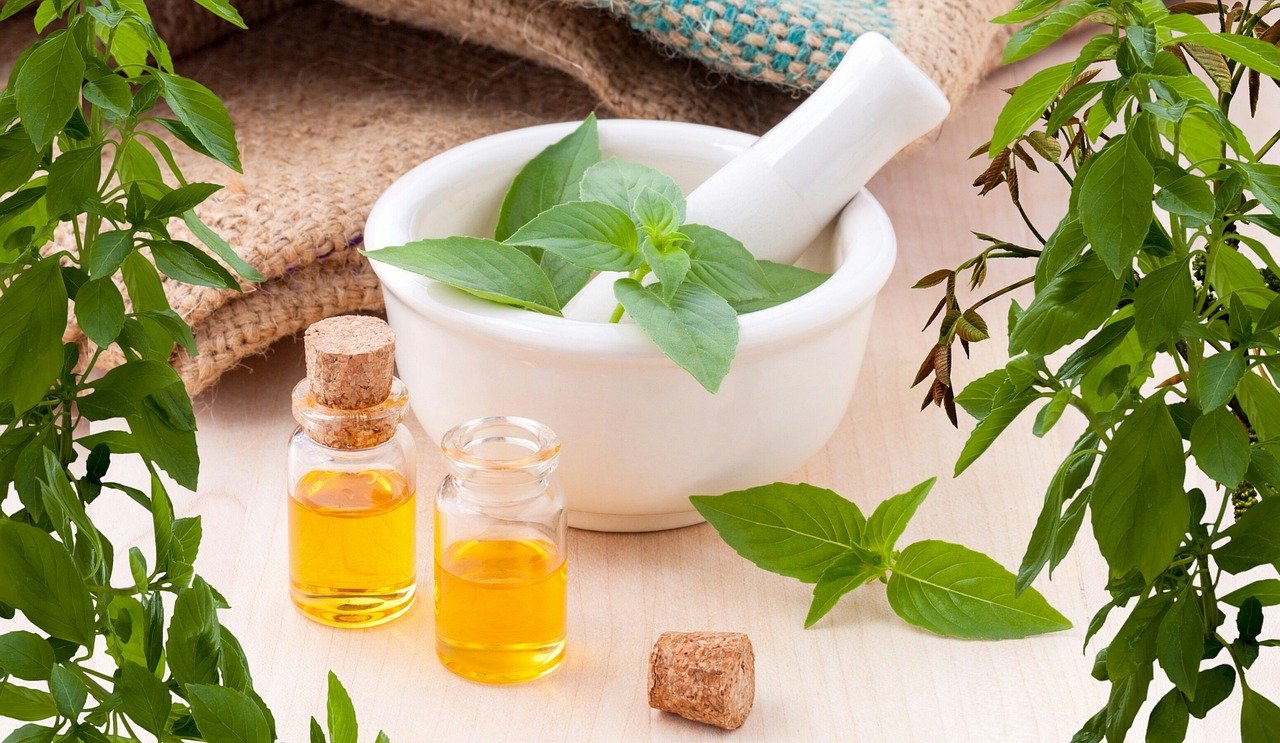Pregnancy is an extraordinary time, but managing allergies during this phase can feel overwhelming. Hormonal changes often make pregnant women more sensitive to allergens, resulting in intensified hay fever or seasonal allergy symptoms. Many conventional medications aren’t recommended during pregnancy, leaving moms-to-be searching for safe alternatives. Thankfully, natural remedies offer relief while keeping both you and your baby safe.
Understanding Allergies During Pregnancy
Allergies occur when your immune system overreacts to harmless substances like pollen, dust mites, or pet dander. Symptoms can include sneezing, nasal congestion, itchy or watery eyes, and sinus pressure. For pregnant women, these symptoms may be exacerbated by increased blood flow and hormonal changes that cause nasal tissues to swell. While over-the-counter (OTC) medications are often a go-to for allergy sufferers, some may not be safe during pregnancy, making natural remedies an ideal choice.
Top 10 Natural Allergy Relief Options for Pregnant Women
Here’s how you can manage allergies naturally and safely during pregnancy:
1. Use a Neti Pot for Nasal Congestion
A neti pot is a time-tested, natural solution for clearing nasal congestion caused by allergens. It uses a saline solution to rinse out the nasal passages, effectively reducing mucus buildup and inflammation.
How to Use:
- Mix 1 teaspoon of non-iodized salt with 2 cups of sterile or distilled water.
- Lean over a sink, tilt your head, and gently pour the solution into one nostril, letting it flow out the other.
- Repeat on the opposite side.
Using a neti pot once or twice daily can significantly relieve nasal discomfort without any medication.
2. Sip on Pregnancy-Safe Herbal Teas
Herbal teas can be a soothing way to manage allergy symptoms. Peppermint tea is particularly effective for relieving sinus pressure and nasal congestion due to its natural anti-inflammatory properties. Chamomile tea can help reduce stress and improve sleep, which allergies may disrupt.
Tips for Safety:
- Always choose herbal teas that are approved for pregnancy.
- Avoid teas with licorice root or excessive caffeine, as these may not be safe for pregnant women.
3. Try Local Honey for Long-Term Pollen Relief
Consuming small amounts of local honey may help desensitize your body to pollen over time. The idea is that local honey contains trace amounts of the same pollen triggering your allergies, helping your immune system adjust. While this approach is anecdotal, many people find it beneficial.
How to Use:
- Add a teaspoon of local honey to your tea or morning smoothie.
- Use consistently to potentially see results over time.
4. Incorporate an Anti-Inflammatory Diet
The foods you eat play a vital role in managing allergy symptoms. A diet rich in anti-inflammatory and immune-boosting nutrients can help reduce inflammation and lessen allergy discomfort.
Top Picks for Your Diet:
- Citrus Fruits: Oranges, grapefruits, and lemons are rich in vitamin C, a natural antihistamine.
- Leafy Greens: Kale, spinach, and Swiss chard are packed with antioxidants.
- Omega-3 Fatty Acids: Found in salmon, chia seeds, and walnuts, these help combat inflammation.
5. Use a Humidifier or Air Purifier
Indoor air quality can have a significant impact on allergy symptoms. A humidifier adds moisture to the air, soothing irritated nasal passages, while an air purifier removes airborne allergens like dust, pollen, and pet dander.
Pro Tip:
- Choose a purifier with a HEPA filter for maximum effectiveness.
- Clean and replace filters regularly to maintain efficiency.
6. Stay Hydrated
Drinking plenty of water is a simple but essential way to alleviate allergy symptoms. Staying hydrated helps thin mucus, making it easier for your body to expel allergens and clear nasal congestion.
Hydration Tip:
- Aim for at least 8-10 glasses of water per day.
- Add a slice of lemon for a refreshing boost of vitamin C.
7. Try Steam Inhalation
Inhaling steam is a quick and effective way to open up congested nasal passages and soothe irritated airways. It works by loosening mucus and reducing inflammation.
How to Do It:
- Boil water and pour it into a bowl.
- Drape a towel over your head and lean over the bowl, inhaling deeply for 5-10 minutes.
- Add a few drops of pregnancy-safe essential oils like eucalyptus for enhanced relief.
8. Practice Nasal Breathing Exercises
Breathing exercises can help reduce nasal congestion and improve airflow, making them an excellent natural remedy for allergies during pregnancy.
Simple Breathing Exercise:
- Sit comfortably and take a deep breath in through your nose for 4 seconds.
- Hold your breath for 7 seconds.
- Exhale slowly through your mouth for 8 seconds.
- Repeat this cycle for 5 minutes.
9. Wear Sunglasses Outdoors
If pollen is a trigger for your allergies, wearing sunglasses can provide a physical barrier to protect your eyes from exposure. This simple step can reduce itchy, watery eyes while you’re outside.
Bonus Tip:
- Pair sunglasses with a wide-brimmed hat for additional protection.
10. Opt for Pregnancy-Safe Supplements
Certain supplements can help manage allergy symptoms naturally. Quercetin, found in apples and onions, is a natural antihistamine. Vitamin C and probiotics are also great options for boosting your immune system.
Safe Supplement Tips:
- Always consult with your healthcare provider before starting any new supplements.
- Look for high-quality, pregnancy-safe formulations.
Allergy Triggers to Avoid
While natural remedies can provide significant relief, it’s equally important to minimize exposure to common allergens:
- Pollen: Limit outdoor activities during peak pollen times.
- Dust: Keep your home clean and dust-free.
- Strong Scents: Avoid perfumes, cleaning products, or candles that may irritate your allergies.
When to Seek Medical Advice
Although natural remedies are effective for many, severe or persistent allergy symptoms may require medical attention. If you experience wheezing, difficulty breathing, or symptoms that worsen, consult your healthcare provider. They may recommend safe medications or additional treatments to help you manage your allergies.
Conclusion
Pregnancy can make managing allergies more complex, but safe relief is possible with the right approaches. Incorporating natural remedies like saline nasal rinses and staying hydrated can help alleviate symptoms without the risks associated with certain medications during pregnancy. Additionally, increasing your intake of anti-inflammatory foods and using air purifiers can reduce allergen exposure. Always consult with your healthcare provider before trying new treatments to ensure the safety of both you and your baby.
For more details on safe allergy management during pregnancy, you can explore resources from UCSF Health and Yale Health.









